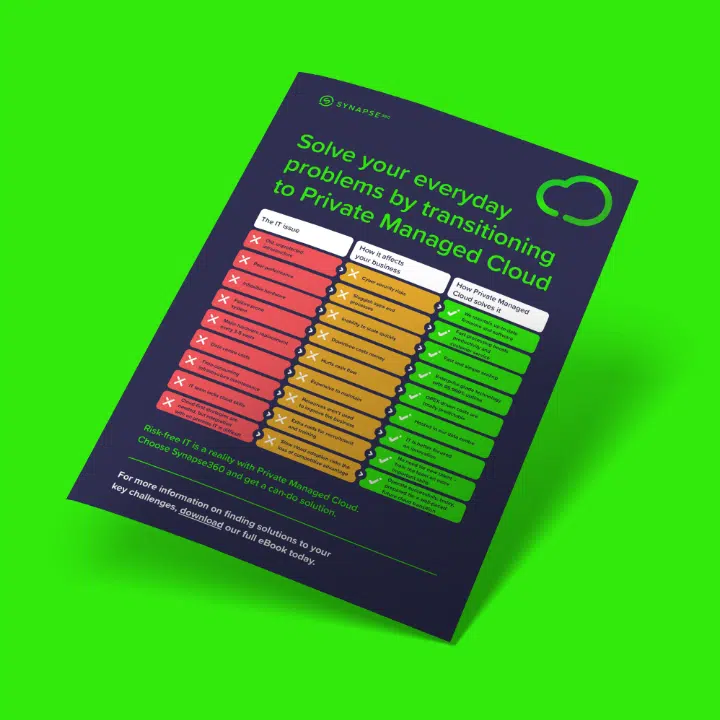The Digital Operational Resilience Act (DORA) is reshaping ICT risk management across the EU financial sector—and its impact is already being felt. A compliance date was set for 17 January 2025, for financial institutions to ensure they are not only aware of DORA’s requirements but are also actively working towards full compliance.
For UK-based firms operating within the EU market or supporting EU-based financial institutions, the urgency is real. DORA compliance is no longer on the horizon—it’s happening now.
What is DORA and Why Does it Matter?
DORA establishes a unified, EU-wide framework for managing information and communications technology (ICT) risks in the financial sector. Previously, ICT risk management was handled inconsistently across member states, leaving institutions to navigate a patchwork of local regulations. DORA changes that by setting clear, standardised expectations for how firms should manage and mitigate ICT risks.
Its goal? To enhance operational resilience across the EU’s financial ecosystem—reducing the risk of disruption and safeguarding stability. Crucially, DORA doesn’t only apply to traditional institutions like banks and insurers; it also covers crypto-asset providers, crowdfunding platforms, and any third-party ICT providers, including cloud service providers and data centre operators.
Who Must Comply?
While DORA is an EU regulation, its reach extends well beyond the EU’s borders. If you’re a UK-based firm providing services to EU clients or partnering with EU financial entities, you’re in scope—and non-compliance can be costly, with fines of up to 1% of global daily turnover for up to six months.
Key Steps to Ensure Ongoing DORA Compliance
With DORA now in force and the compliance deadline fast approaching, organisations should already be well underway in implementing their response. Key areas of focus include:
- Mapping ICT Assets – Identify all critical systems, services, and dependencies.
- Governance Frameworks – Establish strong ICT risk governance and oversight structures.
- Risk Assessment & Incident Management – Conduct regular risk analyses and prepare for incident response.
- Third-Party Risk Management – Ensure suppliers and service providers meet DORA standards.
- Operational Resilience Testing – Regularly test systems to verify resilience under stress or disruption.
For many firms, managing these requirements internally can be overwhelming—especially when legacy systems or complex supply chains are involved.
How Synapse360 Can Support Your DORA Journey
At Synapse360, we help financial institutions and service providers navigate complex regulatory landscapes. Our specialist services are designed to support DORA readiness and resilience without disrupting day-to-day operations.
Here’s how we can help:
- Compliance Readiness Reviews – We assess your current ICT risk posture and highlight areas requiring action to meet DORA standards.
- Bespoke ICT Risk Frameworks – From policy development to process implementation, we tailor strategies aligned with regulatory expectations.
- Ongoing Resilience Management – We support continuous risk monitoring, resilience testing, and incident response planning to ensure sustained compliance.
- Third-Party Risk Oversight – We help manage your supplier ecosystem to align with DORA’s third-party oversight obligations.
DORA represents a significant shift in how financial institutions must manage ICT risk—and time is running out. UK firms connected to the EU market need to act swiftly and strategically to meet compliance expectations and avoid penalties.
With Synapse360 by your side, achieving and maintaining DORA compliance becomes a structured, manageable process. Let us help you turn compliance into a competitive advantage. Speak to one of our experts today.



